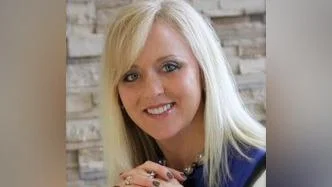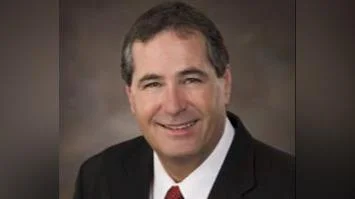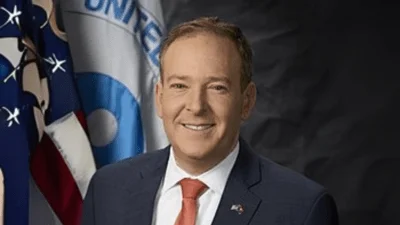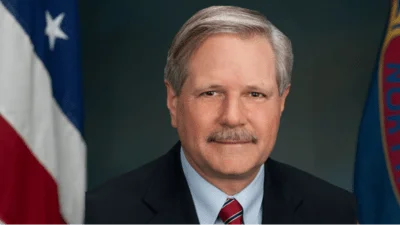Angela Kornowski - Member Representative | LinkedIn
Angela Kornowski - Member Representative | LinkedIn
Friday, January 27 marked the 17th day of the North Dakota legislative session. All bills with appropriations must be moved out of policy committees and re-referred to appropriations committees by February 6.
House Bill (HB) 1158 proposes a flat tax rate of 1.5% for personal income taxes in North Dakota. It aims to eliminate income taxes for individuals earning less than $44,725 and married couples earning under $74,750. The bill has had its committee hearing and is awaiting further action.
Senate Bill (SB) 2217 seeks to prohibit credit card interchange fees on the sales tax portion of transactions. The bill passed the Senate with a vote of 26-21 and will now proceed to the House for further hearings after crossover.
Upcoming bills include HB 1460, which proposes a paid family medical leave program. Participation would be voluntary for employees, but employers would need to provide leave to participating employees. This bill is scheduled for a committee hearing on Monday, January 30 at 9:00 a.m., where the National Federation of Independent Business (NFIB) plans to testify against it.
Another bill, HB 1507, proposes raising the minimum wage to $9 per hour with an annual increase of $0.25 thereafter. It will also be heard in committee on January 30 at the same time as HB 1460, with NFIB set to oppose it.
HB 1527 mandates that employers verify new hires' employment eligibility through the federal E-Verify system. A committee hearing is scheduled for Thursday, February 2 at 10:00 a.m.
SB 2346 offers property tax relief by increasing state funding for school districts while decreasing local contributions. A hearing before the Senate Finance and Tax Committee is set for Tuesday, January 31 at 10:00 a.m., where NFIB will support this bill.
Additional tax reduction proposals include HB 1118 offering non-refundable tax credits of $750 for single filers and $1,500 for married joint filers; HB 1425 proposing income tax rate reductions if General Fund revenues exceed projections by more than ten percent; and SB 2066 providing property tax relief similar to SB 2346 by increasing state funding and reducing local contributions.






 Alerts Sign-up
Alerts Sign-up